Read time: 3 minutes
Access to essential medications and quality care is a fundamental necessity for individuals everywhere. However, many underserved communities or populations in the U.S. still lack the presence of a nearby pharmacy, especially in marginalized communities.
Recognizing this disparity, McKesson has remained committed to improving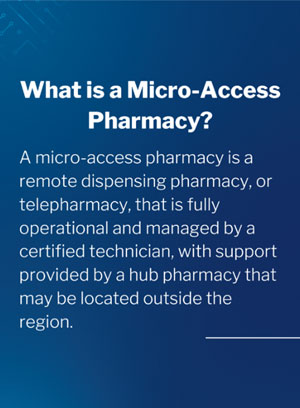 access to care in these communities. Earlier this year, we announced an initiative intended to help licensed pharmacists own and operate independent community pharmacies in areas without adequate access to storefront pharmacies. As McKesson broadens its efforts, we’re proud to launch a new micro-access pharmacy program to help expand pharmacy services at federally qualified health centers (FQHCs) across the U.S. that could serve as a viable intervention for reducing the inequity present when pharmacy services are not as readily accessible. These initiatives are part of a strategy to help ensure sustainable healthcare access in underserved communities or to underserved populations.
access to care in these communities. Earlier this year, we announced an initiative intended to help licensed pharmacists own and operate independent community pharmacies in areas without adequate access to storefront pharmacies. As McKesson broadens its efforts, we’re proud to launch a new micro-access pharmacy program to help expand pharmacy services at federally qualified health centers (FQHCs) across the U.S. that could serve as a viable intervention for reducing the inequity present when pharmacy services are not as readily accessible. These initiatives are part of a strategy to help ensure sustainable healthcare access in underserved communities or to underserved populations.
Through this new project, an advisory committee consisting, in part, of McKesson leaders and subject matter experts selects locations within FQHCs, which are chosen through a selection process based on analysis of healthcare access and population demographics. The goal is to help ensure that the initiative is effectively reaching some of the most underserved populations across the country and the sites selected will have durable solutions. A different team of experts within McKesson can be available at an FQHC’s choice to partner to not only help build the micro-pharmacies inside their clinics, but also provide technological, business and other consultative services to help support their ongoing success.
“We want to collaborate in new ways and leverage the power and trust that community partners already have to reach even more people in high-risk communities,” says Niki Shah, vice president, Impact Innovation & Activation at McKesson and the micro-access pharmacy program’s advisory committee leader. “As part of that, we're proud to be supporting the establishment of new pharmacies in existing FQHCs that are already serving at-risk populations through this program.”
Building the Foundation for the Micro-Access Pharmacy Project
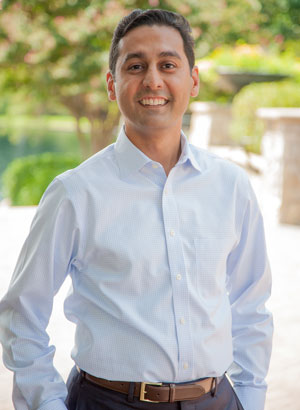
Raj Chhadua, PharmD, RPh, ReNue Rx Pharmacy
The vision for this program began with Raj Chhadua, PharmD, RPh, principle managing partner of ReNue Rx Pharmacy, a Texas-based retail pharmacy and a member in the Health Mart® franchise program. Chhadua also served for five years in leadership positions within the Texas Pharmacy Association. During that time, he saw firsthand the impact that FQHCs can make on the health of the communities in which they serve.
Today, there are close to 1,300 FQHCs in the U.S. that provide access to primary and specialty care services. Often, patients living in these communities face numerous social drivers of health, such as transportation challenges or limited financial resources, which can prevent them from accessing vital medications. Further compounding their challenges, many of these health centers also operate in areas without nearby store-front pharmacies – and with limited places to send vital medications, their patients ultimately risk facing increasing negative health outcomes.
Recognizing the critical need for accessible healthcare in locations without accessible store-front pharmacies, Raj set out to make a difference. In 2019, Chhadua helped support a Texas bill that allowed for the presence of telepharmacies – a type of micro-access pharmacy – within FQHCs.
“Certain legislative restrictions had historically adversely affected small or rural FQHCs,” Chhadua, who also sits on the Project MAP advisory committee, explains. “We’re now working to help mitigate these challenges by expanding ways these centers can have access to affordable medications.
Building on Chhadua’s work, McKesson launched its micro-access pharmacy project in 2023 to support and expand upon the goal of bringing micro-access pharmacies to more FQHCs across the country. By placing micro-access pharmacies within FQHCs, patients can conveniently and more quickly obtain their prescriptions from a healthcare provider and receive essential medication counseling, enabling health centers to help improve continuity of care and, ultimately, patient outcomes.
With initial locations already established – two in Texas and one in Colorado – McKesson is looking to expand to additional U.S. locations.
“Our micro-access pharmacy project is another example of the many ways McKesson is living its purpose of advancing health outcomes for all,” Shah says. “With our support for FQHC’s, we can help ensure that individuals receive personalized attention and guidance regarding their medications from trusted healthcare providers – when and where they need it.”
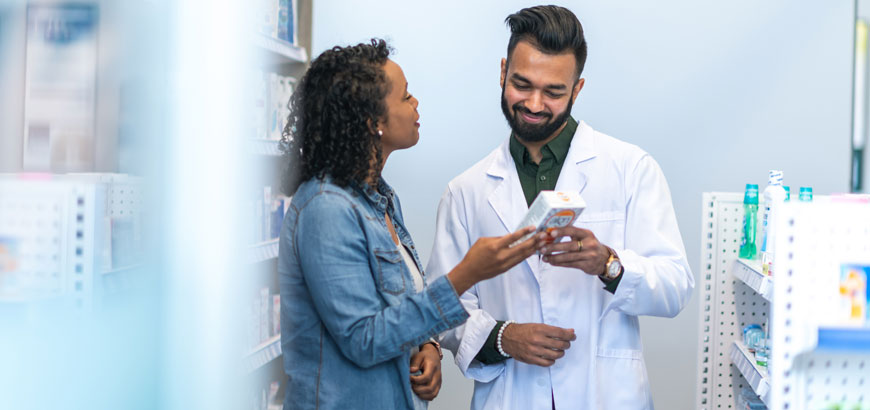
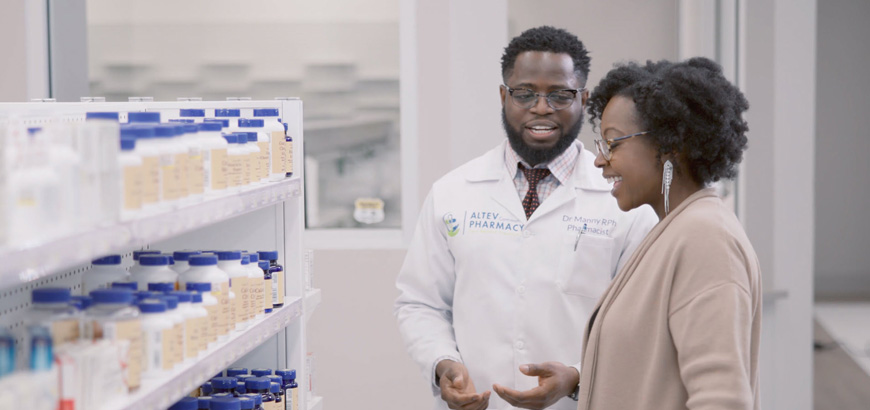
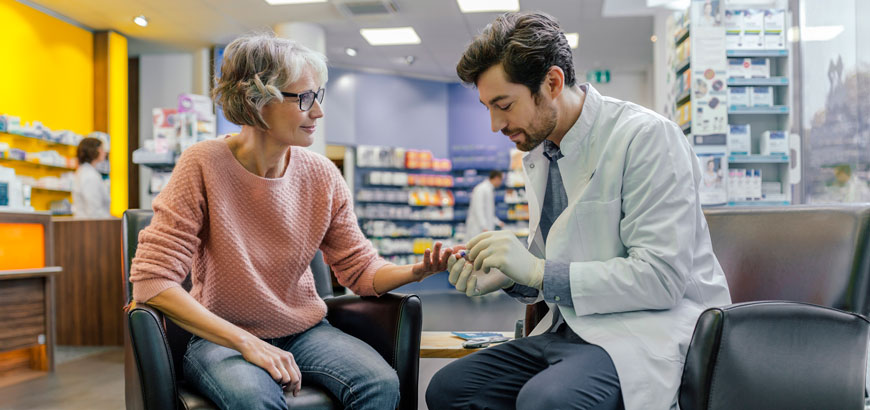

Share
Post
Post
Email